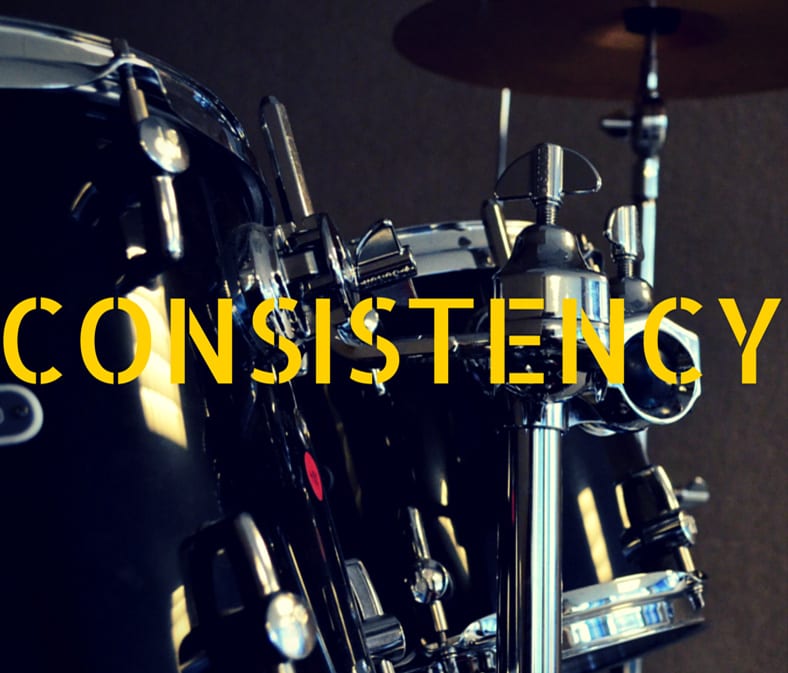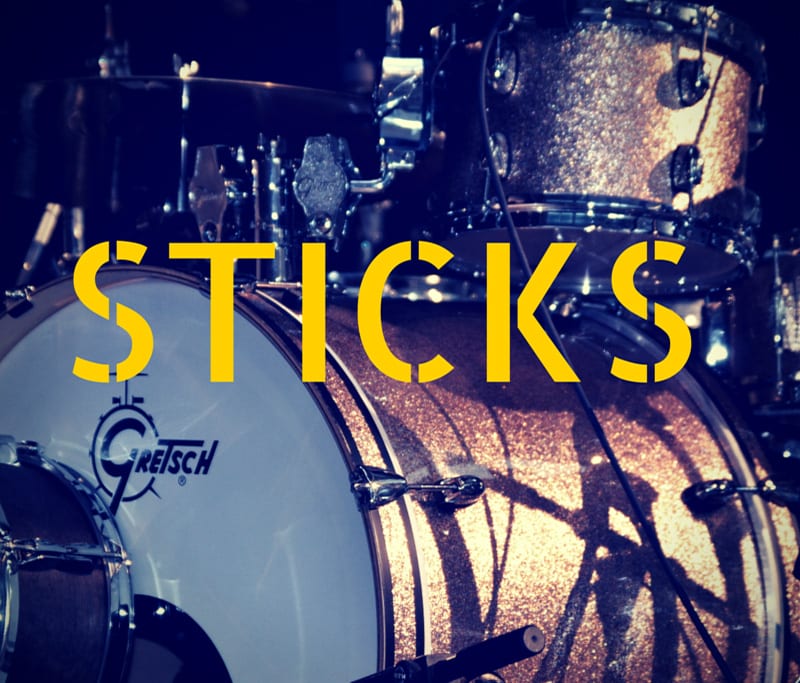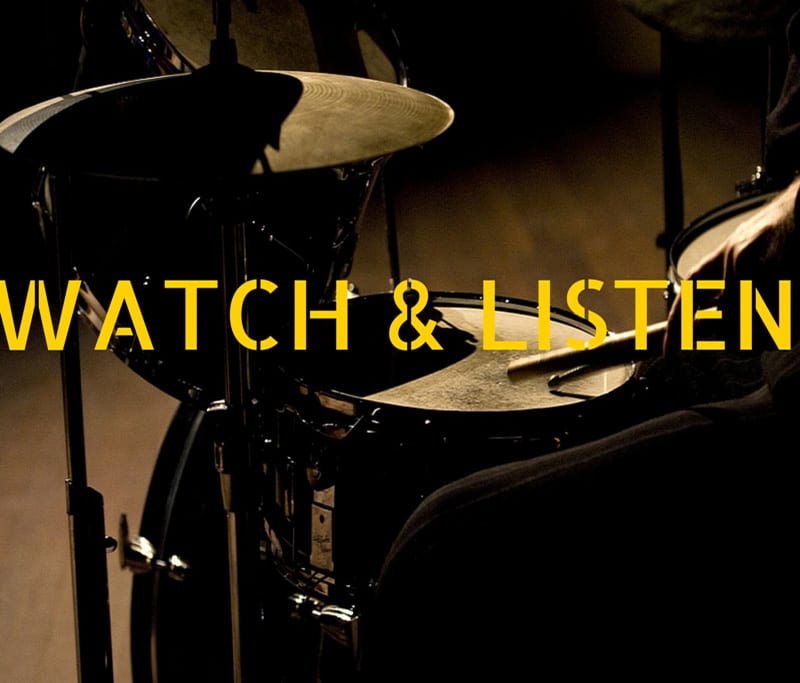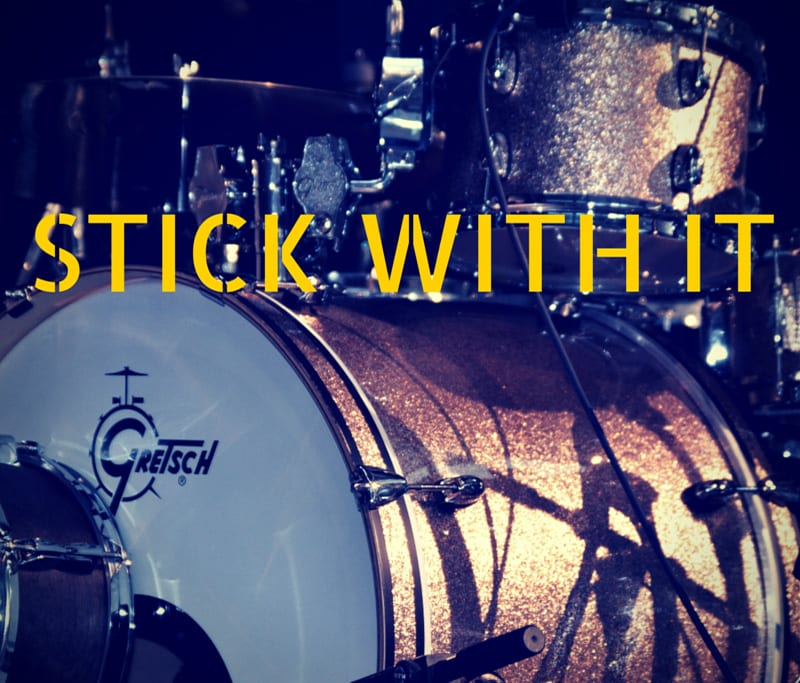
If you’re taking drum lessons, you probably want to know the fastest, most efficient way to improve. While learning drums takes practice and hard work, there are certain steps that can take you from a beginner to an intermediate drummer, and beyond.
In this guest post, Marcel Blanchet, a drummer, producer, composer, and recording artist, shares his 10 steps to help you advance beyond the beginner stage, and put you on the path to becoming a great drummer…
Every beginner has to have a starting point, but a beginner also needs a reference point to come back to in order to move forward.
I have been playing drums professionally for many years, and during this time I have learned important lessons from trial and error, drum teachers, friends, and other professionals.
Here are 10 steps that will help you become a great drummer.
Repetition is the key to learning anything, but when it comes to drumming, you will have to repeat the same exercises over and over in order to improve.
Repeat the same hand and foot movements, read, or play the same rhythm over and over.
For drummers, consistency is related to accuracy. When you’re accurate, you play in time. The groove is a consistent groove.
You will always be looked upon as a time keeper first.
You need drum sticks, you don’t necessarily need drums, at least when you’re a beginner.
Don’t just get a pair of drum sticks and think it’s the only pair of sticks you will ever need. Really spend some time at a music store or drum shop, and hold and feel the drum sticks.
Make sure they’re not too heavy or too long. Go with a teacher or another drummer and pick sticks together.
*For a look at different drum stick brands, check out our drummer’s gear guide.
Between YouTube, DVDs, and live performances, there are so many ways to watch and listen.
Watch as many other drummers as you can. Listen to the way they sound. Watch how they tune their drums, how they play, and how they hold their sticks.
Pay attention to their technique and practice this on your own.
As a beginner, you don’t need to know all the rudiments to start playing, but it’s important to learn the basics.
Learn the single-stroke roll and the double-stroke roll, and learn to play them with your feet, too!
Experiment when you play; try something new every day.
If you’ve mastered the single-stroke roll, try playing it in between your hands and feet.
Try to play new sounds. You don’t even need a drum set for this, look for new sound sources like boxes, tin cans, plastic paint buckets, plastic pipes, and metal lids.
We mean this in a good way, of course, but be obsessive about learning and playing drums.
Eat, sleep, read, watch, and consume all things drum related.
Don’t just copy others, set yourself apart from other drummers.
This doesn’t mean you can’t learn from watching other drummers. In fact, study their every move, but figure out what you have to offer that is unique, different, and special.
Find and develop your own signature sound.
Find a style that you like and stick with it. You can always try new styles, but as a beginner, pick one style and stick with it.
If you like rock music, then play rock music. If you’re a hip hop fan, then play hip hop.
Find a teacher, and let him or her know what you really want to learn.
A private drum instructor can help you reach your goals and master your technique.
Marcel Blanchet is a drummer, composer, producer, and Sony recording artist. Marcel is a touring drummer for traveling shows, and has provided motivational keynote speeches and business entertainment through his drumming skills. Learn more about Marcel here!
Maile Proctor











